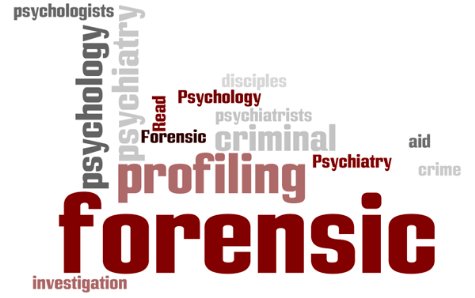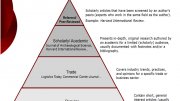
Forensic psychology is the application of psychological insights, concepts and skills to the understanding and functioning of the legal and criminal justice system. It embraces psychology and the law, the psychology of police and policing, eyewitness identification, jury research, corrections, probation, parole, victim services, addiction services, and family services. Forensic psychology embraces a full range of activities throughout the criminal justice system from law enforcement to the treatment of offenders.
As forensic psychology continues to develop, so too have its definitions. The definitions of forensic psychology currently in use range from narrow to broad. A narrow perspective focuses on clinical forensic assessment and intervention. The narrow definition was adopted by the Executive Council of the American Psychology-Law Society (AP-LS), Division 41 of the American Psychological Association (APA), in its petition to the APA for the recognition of forensic psychology as a subspecialty (APLS, 2000). In that petition, forensic psychology is defined as “the professional practice by psychologists within the areas of clinical psychology, counseling psychology, neuropsychology, and school psychology, when they are engaged regularly as experts and represent themselves as such, in an activity primarily intended to provide professional psychological expertise to the judicial system.”
A broader view includes a social/experimental orientation as well as a clinical perspective. The broader definition has been drawn from recent discussions in the literature of forensic psychology (Bersoff et al., 1997; Brigham, 1999; Ogloff et al., 1999; Otto, 2002). Broadly defined, forensic psychology is the development and application of psychological principles to the problems and administration of legal, judicial, correctional, and law enforcement systems. In this definition, the rhetoric of the discipline and its impact on shaping the law is an important focus of study. Forensic psychology is clearly rooted in the discipline of psychology and draws on other areas of the field including clinical, developmental, social, and experimental psychology (Otto, 2002). At the same time, it is interdisciplinary in nature, drawing on diverse disciplines such as the law, sociology, political science, anthropology, philosophy, medicine, and linguistics. In this way, it is similar to organizational psychology, which incorporates traditional areas of psychology such as social psychology, but is also interdisciplinary in nature drawing on business and management principles with an applied orientation.
Source: www.jjay.cuny.edu
You might also like:
















